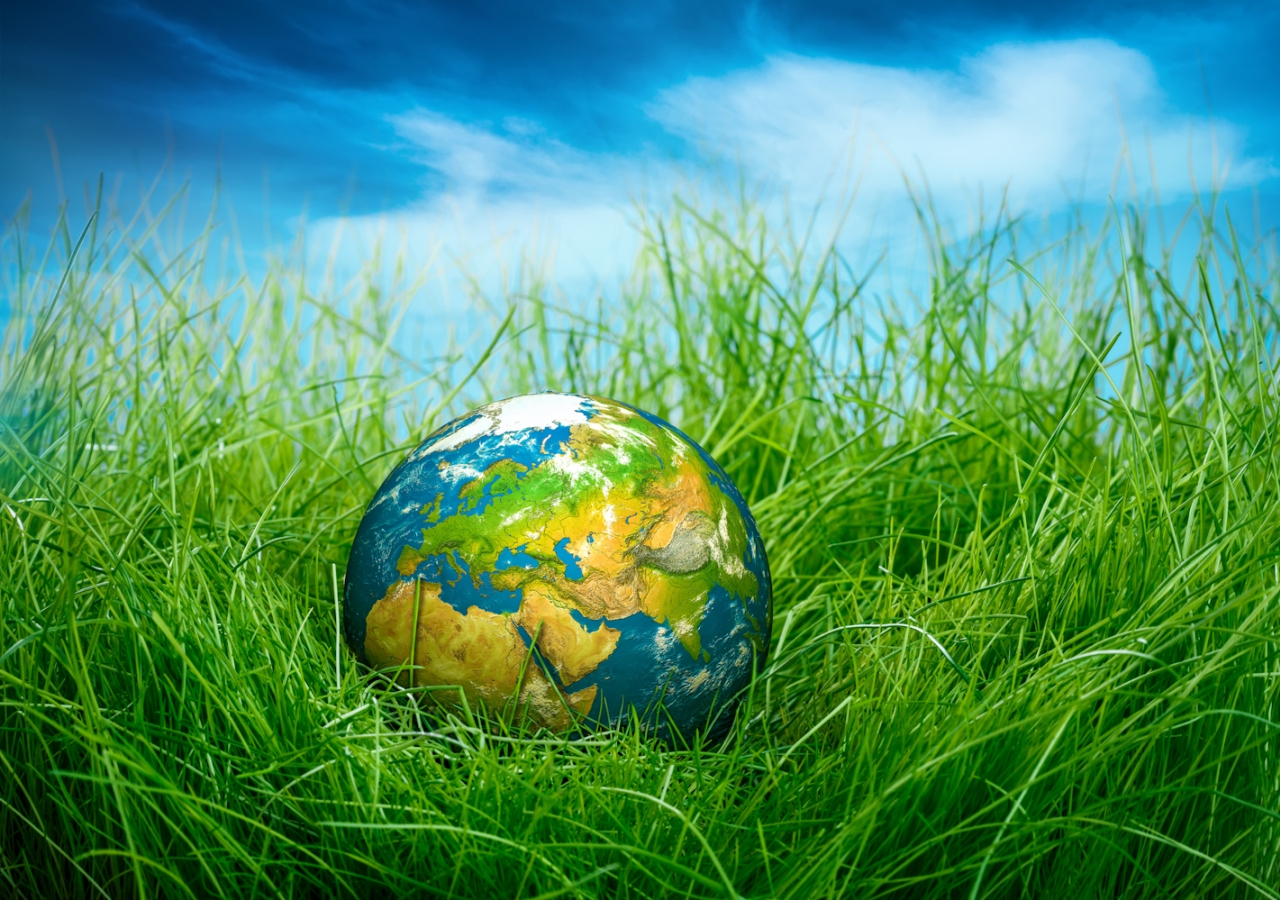Every summer, my family and I would visit the lake multiple times to picnic, swim, and play never-ending games of catch. These are fond memories from my childhood that I still cherish to this day. Fast forward several years and we have still managed to keep this tradition alive by visiting other parks during our family vacations. Regardless of where we are, I have noticed that one thing remains constant - these luscious green spaces build a sense of community and bring people together. I can’t help but wonder - with the effects of global warming, will my children and their children be able to feel the same?
Climate change knows no borders; it has been a hot topic affecting every country on the planet. The dramatic increase in water shortages, drought, and fluctuations in temperature has affected populations globally. Since the late 19th century, the planet’s average surface temperature has risen by about 1.1 degrees Celsius - a change that is driven for the most part by increased carbon dioxide and other human-made emissions into the atmosphere. Though this change in temperature appears small, it has already had drastic impacts on the survival of different species across the Earth.
As a result of the effects of climate change in our environment, several community-based organizations have sought to spread awareness about the importance of preserving the environment and taking care of green spaces. Minaz Asani-Kanji, Outreach Manager of Park People, Toronto, is one of these individuals. She encourages people to use their park by "activating the power of parks." When she arrived in Canada as a student, Minaz knew very little about saving the environment. Fast forward nearly 30 years and she is now developing new community leaders and inspiring them to make a change: “We encourage people to use their parks through different means such as taking what they would do indoors, outdoors." Education is the key to everything, Minaz continued: “We do a lot of hand holding. We help residents figure out what they can do in parks - picnics, cleanups, yoga, community gardens… you name it."
One of the United Nations’ Sustainable Development Goals is to Take urgent action to combat climate change and its impacts. As members of this beautiful planet we call home, we need to take action in some shape or form to slow down the increase in the world’s average surface temperature. While international organizations are spreading awareness globally, local community-based organizations like Park People are doing their part in educating community members about the importance of the environment around them.
Think about your community: There is someone at this very second trying to make a small, gradual change in improving the community’s livelihood. Take a moment to learn about these individuals or organizations and join them!
Since 1970, Earth Day has been raising awareness about the impact that we as humans are making on our planet. Every year on 22 April, millions rally together in over 190 countries in support of preserving the natural environment to benefit future generations. In the United States, Jamati organizations are celebrating Earth Day by trying to make positive impacts on the environment. The Aga Khan Youth and Sports Board for USA is organizing Day of Service projects during the month of April. To find out more, visit your representative in Jamatkhana.
This Earth Day, let’s do our part in ensuring that we take care of the environment around us in order to slow the effects of climate change. Here are some tips on different ways to get involved within your local community.
- Take care: Whether you are at a park or a beach, clean up after yourself. Explore the environment around you without disrupting it.
- Grow your own food: Find a community garden through your local park friends group. If there isn’t one, think about how you can start one in your Jamat.
- Participate in a tree planting effort: Urban greenspaces have a myriad of benefits, one of which includes reducing air temperatures during hot and hazy summers.
- Conserve: Be mindful of your water and electricity consumption. Use energy efficient light bulbs and don’t water your lawn every day.
- Look at your footprint: Take a look at your impact on the planet by reducing your ecological footprint. Take the quiz to find out your footprint: https://www.earthday.org/take-action/footprint-calculator/
Nilufar Ramji, from Houston, Texas, currently works in Public Relations for the National Aeronautics and Space Administration (NASA). She is a graduate of Carleton University in Ottawa, Canada with a Bachelor of Arts, Honours in Political Science. She has been writing for the Ismaili community for over five years. The views expressed are those of the author and do not represent the views of NASA or any other organisation.
References:
- https://www.ncdc.noaa.gov/monitoring-references/faq/indicators.php
- https://www.un.org/sustainabledevelopment/climate-change-2/
- https://www.earthday.org/earthday/
Other sources:
- Minaz Asani-Kanji, Outreach Manager (Park People)
- Samia Hirani, Senior Policy Advisor (Fisheries and Oceans Canada)








